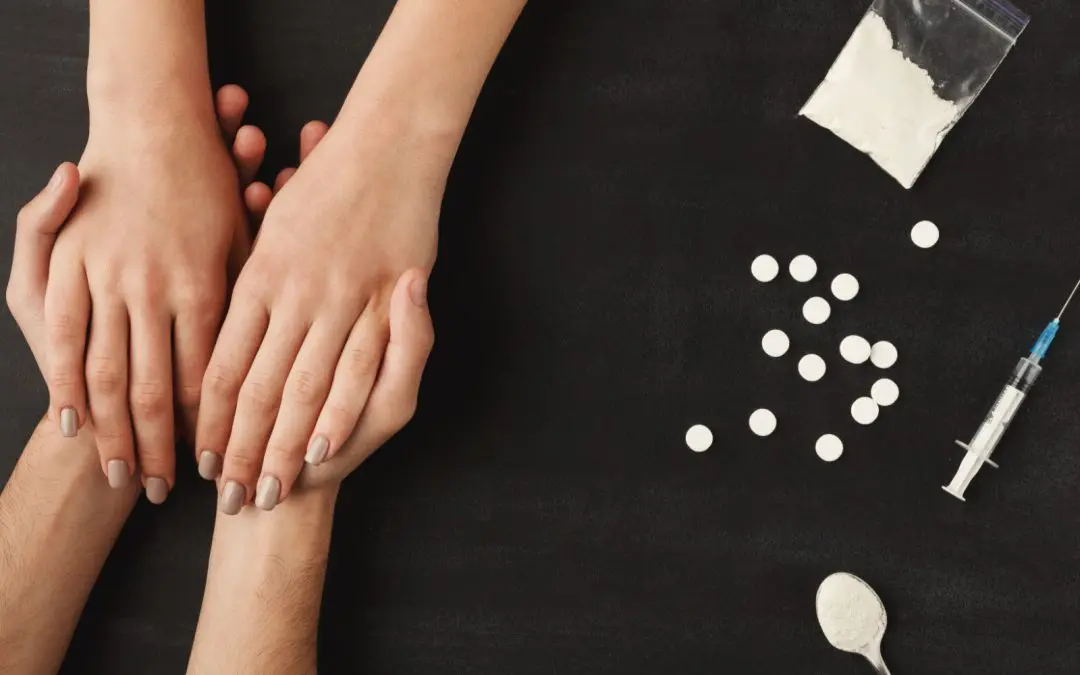24/7 Helpline:
(866) 899-221924/7 Helpline:
(866) 899-2219
Learn more about Crack Detox centers in Lampasas County

Other Insurance Options

Carleon

BlueCross

Holman Group

Kaiser Permanente

Health Net

Ceridian

Health Partners

Molina Healthcare

Absolute Total Care

EmblemHealth

Providence

United Health Care

PHCS Network

Regence

Sutter

CareSource

Health Choice

ComPsych

Coventry Health Care

Optum











